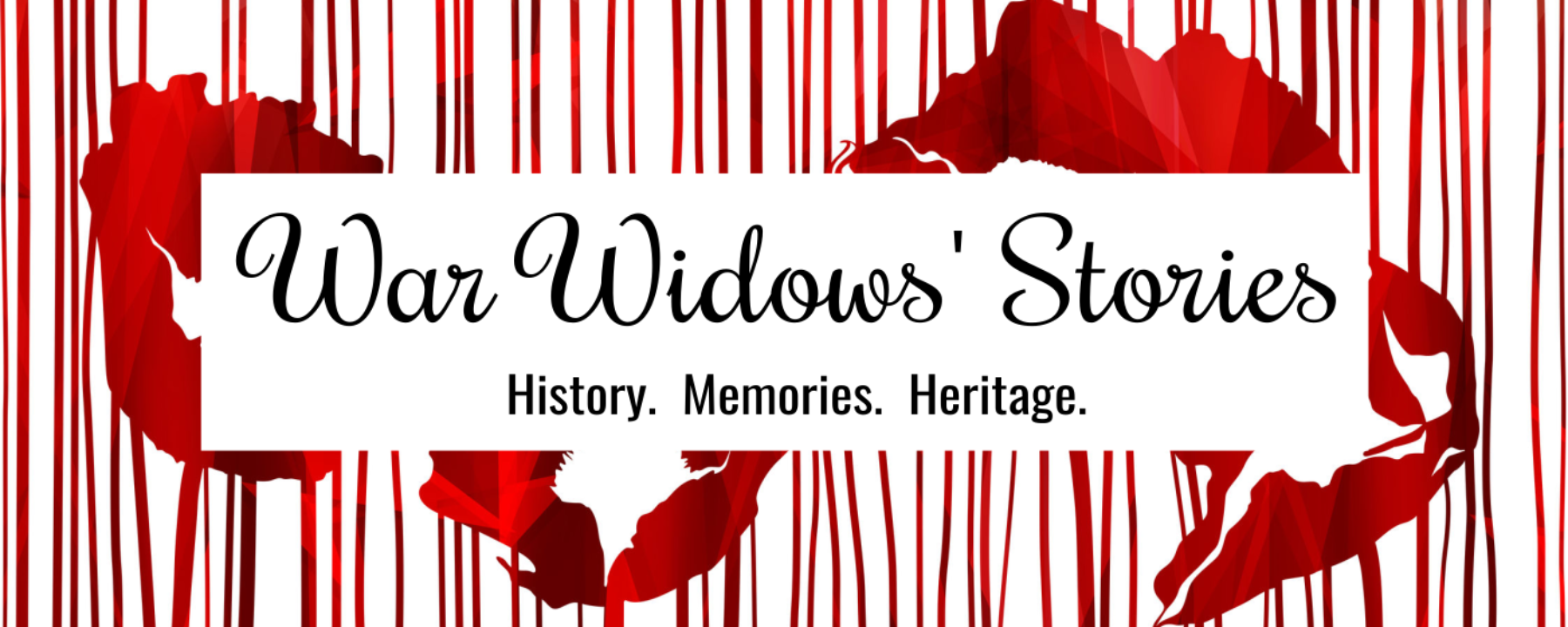9 January 2020
Research Institute for Literature & Cultural History. Liverpool John Moores University.
Since its first introduction as a component of the Research Excellence Framework (REF), impact, its (im)measurability, and its role as an indicator of research quality in the arts and humanities have been much debated and criticised. Yet, at the same time, impact also has become a staple component of person specifications and job descriptions for academic posts.
This one-day workshop will provide early-career researchers with the opportunity to explore creatively and practically the public engagement and participatory potential of their work, and to learn about the often complex relationship between such activities and the requirements of impact narratives.
This means that the day’s aims are at least two-fold: the event will enable researchers to familiarise themselves with innovative approaches and methods that can make for exciting new ways of conceptualising, designing, and carrying out their arts and humanities research in partnership with non-academic partners and audiences; at the same time, the workshop will also facilitate both critical and pragmatic appraisals of the processes and consequences of translating our work into impact narratives and metrics.
The day will bring together academics, research support professionals, and third-sector organisations to explore what makes for successful partnerships and projects and to explore the above issues from a variety of perspectives. We are particularly delighted that workshop will include a keynote address by Professor Maggie O’Neill (University College Cork), who has employed participatory methods throughout her career, and whose impressive body of work creatively straddles methods from across disciplines, including sociology, criminology, and the arts.
FUNDING & REGISTRATION
The workshop is free, and it is open to doctoral and early-career researchers from across the arts and humanities. It forms part of an Arts & Humanities Research Council (AHRC) Early-Career Leadership Fellowship awarded to Dr Nadine Muller (LJMU) for the War Widows’ Stories project.
Consequently, there are twenty fully funded places available to those whose research aligns, in the broadest sense, with the project’s themes and/ or methods, including (but by no means limited to): women’s and gender studies; women and war; memory studies; histories of war and conflict; trauma studies; oral history; participatory arts; women’s writing.
Funding will include (where required) travel costs, subsistence, and accommodation. Successful applicants will be able to have their public transport travel and accommodation booked directly by Liverpool John Moores University, while subsistence costs will need to be claimed back after the event.
To apply for a funded place at this event, please complete an Eventbrite registration here and submit the following information via email no later than Friday, 13 December 2019, 5PM (GMT) to the organisers, Dr Nadine Muller and Christinna Hazzard, via email (c.hobbs@ljmu.ac.uk):
- Full name
- Institutional and departmental affiliation (if any)
- Year of PhD award or stage of PhD study
- Short biographical note (max. 200 words)
- Summary of current or planned research project (max. 200 words)
- Estimated travel costs (car miles or public transport tickets)
- Number of nights of accommodation required (max. 2 nights)
- Dietary requirements and allergies
- Access requirements
Decisions will be communicated via email on Monday, 16 December 2019.
If you do not wish to apply for a funded place but would like to attend the event, please simply complete the Eventbrite registration and email us with a short biographical note (for publication in any event documentation) any access or dietary requirements and allergies. If you have any questions about the event, please get in touch via the email address above.
